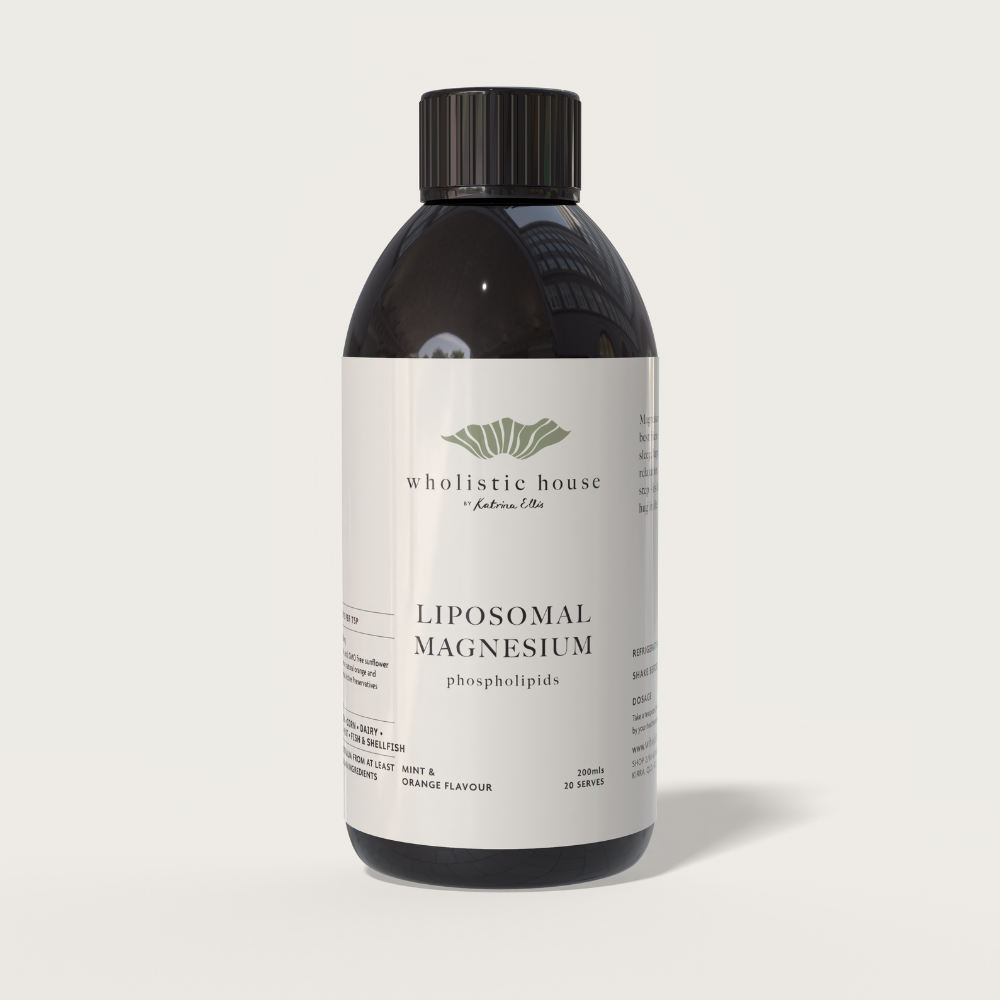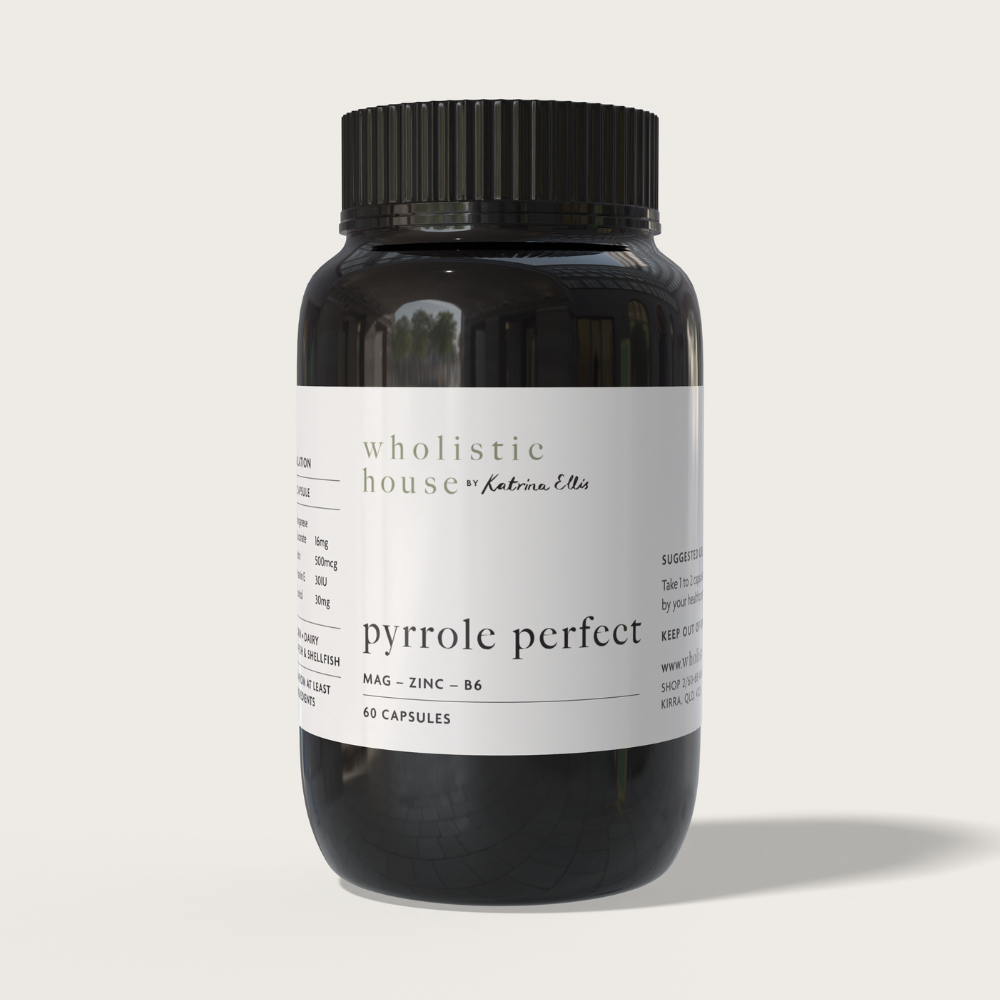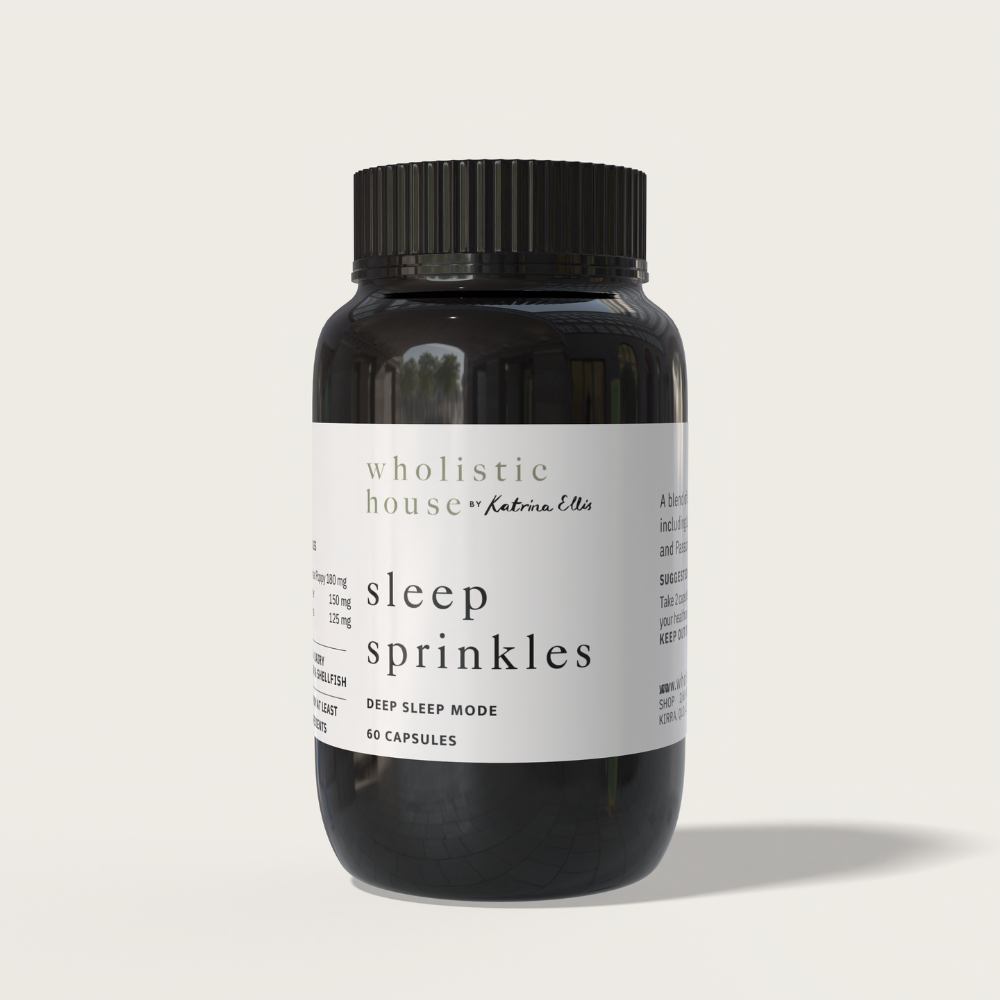
Insomnia and Sleeplessness: Natural Remedies for Restful Sleep
Why Can’t I Sleep?
Almost everyone experiences occasional sleeplessness. As children, we may stay awake with excitement before birthdays or Christmas. As adults, stress about job interviews or big events can also rob us of sleep. These short bouts are normal.
Insomnia is different. It is the repeated inability to fall asleep, stay asleep, or return to sleep in the early hours. Chronic insomnia can lead to fatigue, anxiety, poor concentration, lowered immunity, and even weight gain.
Interesting fact: Research shows that just one night of poor sleep can reduce insulin sensitivity by up to 33%, making you more prone to cravings and weight gain.
The good news? Many cases of insomnia respond beautifully to simple naturopathic lifestyle and nutritional changes.
Common Causes of Insomnia
Insomnia and sleep disturbances may be triggered by:
- Lack of physical activity during the day
- Eating too late at night → digestion keeps the body “awake”
- Stimulants (coffee, caffeine, energy drinks, nicotine)
- Stress, worry, and an overactive mind
- Alcohol → the liver “wakes up” at 2–3 am to process it
- Food allergies or sensitivities
- Nutrient deficiencies → magnesium, zinc, tryptophan, B6
- Hormonal changes → menopause, perimenopause, thyroid imbalances
- Certain medications
- Environmental factors → EMF exposure, bright lights, noise
Interesting fact: Women are twice as likely as men to experience insomnia, largely due to hormonal changes throughout life (menstrual cycle, pregnancy, menopause).
Lifestyle Hacks for Better Sleep
1. Create a Sleep Schedule
Go to bed and wake up at the same time daily. Aim for sleep before 10 pm, as melatonin peaks before midnight.
2. Exercise in the Day
Moderate movement reduces stress hormones and supports deeper sleep. Be careful with over-training, as high cortisol can worsen insomnia.
3. Sunshine for Serotonin
Daytime sunlight boosts serotonin, which later converts to melatonin at night. Just 20–30 minutes outdoors daily can improve circadian rhythm.
4. Digital Detox
Avoid screens 1–2 hours before bed. Blue light suppresses melatonin by up to 80%. Instead, try reading, journaling, or gentle stretching.
5. Create a Sleep Sanctuary
- Blackout blinds or eye mask → darkness enhances melatonin
- Keep the room cool (18–20°C is ideal)
- Keep phones and devices outside the bedroom
- Try EMF protection devices if sensitive
Foods & Nutrients That Promote Sleep
Increase:
- Tryptophan-rich foods: turkey, bananas, nuts, seeds, eggs → build serotonin.
- Magnesium foods: almonds, pumpkin seeds, spinach → cofactor for calming neurotransmitter GABA.
- Calcium: acts as a natural sedative (warm milk and honey is a classic remedy).
- Tart cherries: natural source of melatonin.
- Bananas at night: potassium + magnesium relax muscles and reduce cramps.
Avoid:
- Caffeine after midday
- Sugar and alcohol → spike and crash effect
- Tyramine-rich foods at night (aged cheese, wine, bacon, chocolate) → act as stimulants
- MSG and artificial additives → overstimulate the nervous system

Herbal Remedies for Insomnia
- Valerian root → decreases time to fall asleep, improves quality.
- Passionflower → calms a racing mind.
- Zizyphus → traditional Chinese herb for restlessness and disturbed sleep.
- Chamomile → the gentle all-rounder; tea or essential oil bath.
- Hops → well-known for its sedative qualities (it’s the reason beer makes some people drowsy).
- Catnip → calming tea, also used historically for sleep.
Interesting fact: In medieval Europe, pillows were often stuffed with hops flowers to encourage restful sleep.
Natural Supplements for Sleep
- 5-HTP → builds serotonin, supports sleep onset.
- Magnesium + Calcium → relaxes muscles, promotes calm.
- Melatonin → regulates circadian rhythm – great if you are waking regularly
- GABA → calms the overactive brain
- L-Theanine → found in green tea, promotes relaxation without drowsiness.
- CBD oil → supports deep, restorative sleep.
Mind-Body Approaches
- Meditation or yoga before bed reduces anxiety.
- Progressive muscle relaxation: tense and release each muscle group from toes to head.
- Warm baths with Epsom salts + lavender or chamomile oil to calm the nervous system.
|
My Fav Wholistic House Picks |
If you are struggling with insomnia or poor sleep, contact us on 0755363113 or visit www.wholistichouse.co to book a consultation. We also offer comprehensive hormone and neurotransmitter testing to uncover the root cause of sleep issues.
In love, health and beautiful sleep,

Referenced products







Leave a comment
This site is protected by hCaptcha and the hCaptcha Privacy Policy and Terms of Service apply.
All comments are moderated before being published.